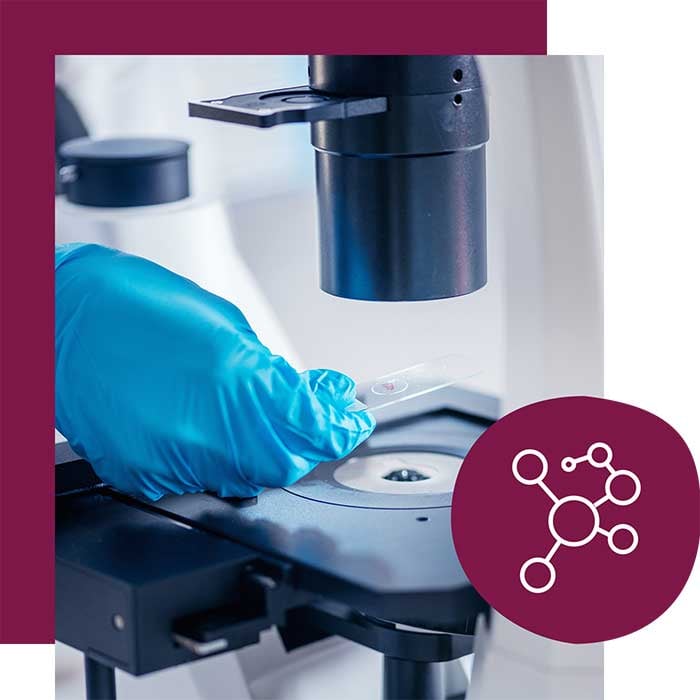Clinical stage biotechnology company Emyria Limited (ASX: EMD) has unveiled positive progress with its preclinical MDMA analogue medicine program with partner, the University of Western Australia (UWA).

Emyria’s next-generation MDMA drug discovery is being led by Professor Matt Piggott, of the UWA. Prof. Piggott is an international leader in medicinal chemistry and expert in adapting the unique structures of MDMA.
Emyria previously secured exclusive rights to all MDMA-like compounds created under the partnership with Prof. Piggott and UWA, starting with an initial library of more than 100 novel MDMA analogues created over more than 10 years.
Emyria and UWA have been actively growing and screening this unique drug-discovery pipeline to identify new chemical entities and drug candidates with the potential to address major unmet needs in mental health and neurological disorders.
“It’s exciting to see the results of the first rounds of screening informing subsequent analogue design,” Prof. Piggott said. “This is the critical feedback loop that drives drug discovery.”
A third batch comprising 19 novel MDMA analogues has now been created, characterised and sent for screening. The design of this third batch was led by Professor Piggott and his expert team at UWA and guided by the successful results received from the screening of the first two batches.
A total of 45 new MDMA-like analogues have now been created under the partnership. Further synthesis and discovery is ongoing.
Emyria’s Managing Director, Dr Michael Winlo, said most compounds already screened show no evidence of significant interactions with one or more “anti-targets” that is, enzyme or receptors associated with serious side effects – at the test concentrations.
Emyria’s preclinical drug discovery program, inspired by MDMA, is making great progress. We are strengthening Emyria’s IP portfolio and potential slate of proprietary drug candidates targeting major unmet needs,” Dr Winlo said.
“Guided by our initial screening results, we have identified three therapeutic areas to target. (1) next-generation psychedelic-assisted therapeutics to help treat major mental health disorders and where more potent and shorter-acting treatments may offer advantages over MDMA-based therapy, (2) novel small molecule treatments for neurological disorders where selective receptor effects are desired and (3) treatments for non-neurological disorders where selective activity at peripheral, (non-brain) targets are of interest.
“Our preclinical programme complements our advanced clinical programs and demonstrates the depth of our unique drug discovery and development opportunities and capabilities. I look forward to updating the market with further progress and results as we advance towards our development milestones in the coming months.”




